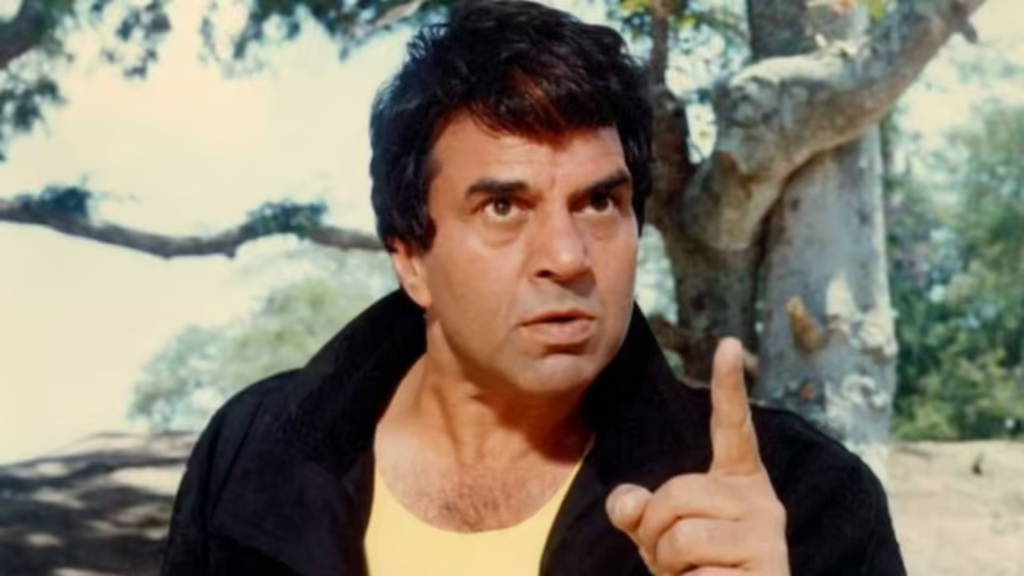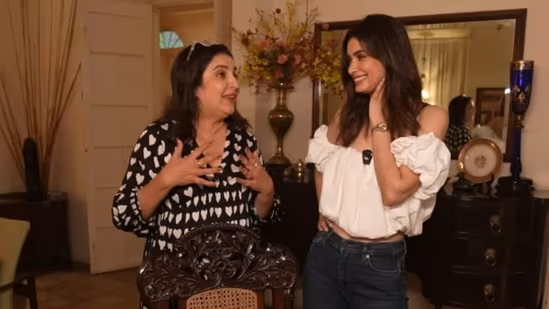Now Reading: Sonakshi Sinha’s ‘Ghost’ Encounter Sparks Sleep Paralysis Awareness in India
-
01
Sonakshi Sinha’s ‘Ghost’ Encounter Sparks Sleep Paralysis Awareness in India
Sonakshi Sinha’s ‘Ghost’ Encounter Sparks Sleep Paralysis Awareness in India

Actor Sonakshi Sinha recently recalled a chilling experience in her Mumbai home that felt like a ghost encounter — but experts suggest it could have been a classic case of sleep paralysis. Her story has now opened up a wider conversation around this misunderstood sleep condition, especially in India where such experiences are often linked to the supernatural.
What Happened with Sonakshi?
During a podcast appearance, Sonakshi shared that she once woke up unable to move, with a sense of pressure on her chest and the eerie feeling of a presence in her room. It left her frightened and confused at the time.
While the actor described it as something ghostly, neurologists and sleep experts point out that the symptoms align closely with sleep paralysis — a condition where a person wakes up but cannot move their body for a few seconds or minutes.
What Is Sleep Paralysis?
Sleep paralysis is a temporary inability to move or speak while falling asleep or waking up. It can be accompanied by hallucinations, difficulty breathing, and intense fear.
It occurs when REM (Rapid Eye Movement) sleep — the stage where most dreaming happens — overlaps with wakefulness. While the brain is awake, the body remains in a relaxed, ‘off’ state, leading to a brief period of paralysis.
Why It’s Misunderstood in India
In many Indian households, especially in Tier 2 and rural areas, sleep paralysis is often linked with ghost sightings, black magic, or spiritual forces. Due to a lack of awareness, people may fear these episodes without understanding their biological basis.
Such misconceptions can delay medical help and increase anxiety. With more celebrities like Sonakshi opening up about their experiences, doctors hope it will help remove stigma and promote scientific understanding.
What Experts Recommend
Doctors suggest that stress, irregular sleep schedules, and poor sleep hygiene are common triggers. To reduce chances of sleep paralysis, experts recommend:
- Maintaining a consistent sleep routine
- Avoiding caffeine and heavy meals before bedtime
- Managing stress and anxiety through relaxation techniques
If episodes are frequent or disturbing, consulting a sleep specialist or neurologist is advisable.
A Wake-Up Call for Awareness
Sonakshi’s account may have started as a spooky story, but it is now driving meaningful conversations. In smaller cities where sleep disorders are rarely discussed, this is an opportunity for increased awareness around mental and neurological health.
Conclusion
What feels like a ghostly encounter might just be a common, medically explainable condition. Sonakshi Sinha’s experience shines a light on sleep paralysis — and reminds us of the importance of understanding the science behind what our minds and bodies go through during sleep.

























